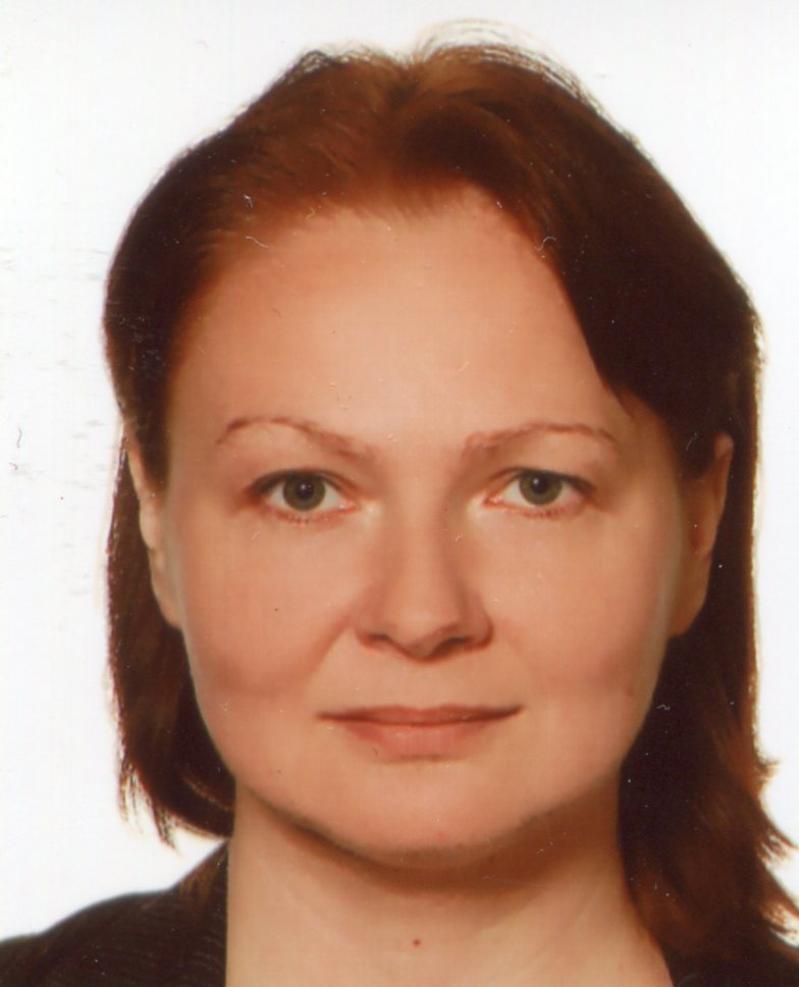You are here :
Ewa Lukaszyk

Presentation
Ewa A. Łukaszykwasformerly professor of Mediterranean studies at the University of Warsaw and guest researcher at Leiden University. Member of the Neophilological Commission of the Polish Academy of Learning and Polish Oriental Society. She is specialised in comparative literature and history of ideas at the crossroad of Romance Europe and the Islamic world; she has also a considerable research experience in Lusophone studies. She is author of seven books and over 200 papers and chapters, editor of several collective volumes in comparative literature. She has recently published an extensive monograph on Portuguese literature, Mgławica Pessoa (The Nebulosa Pessoa, 2019), and a collection of essays Humanistyka, która nadchodzi. W poszukiwaniu kondycji transkulturowej (The Coming Humanities: In Search of Transcultural Condition, 2018). Her research focuses on medieval and early-modern heterodox religious ideas and utopias such as the search for the pre-lapsarian Adamic language. She also studies the presence of those legacies in the contemporary literature of Europe and the Mediterranean region.
Research Project
The objective of the project is to study the literature of the present-day Euro-Mediterranean zone, exploring its potential directed against rigid cultural codifications and oppressive cultural legacies resulting in conflictive identifications. The texts forming the working corpus, i.e. essays and novels of Abdelwahab Meddeb, Fatema Mernissi, Fouad Laroui, Kamel Daoud, Bensalem Himmich, Malek Chebel and others, have in common the exploration of a transgressive and liberating legacy, that of Sufism and transreligious Mediterranean mysticism. I will study the ways how this legacy is evoked and developed by the contemporary Francophone writers. They translate mystical vocabularies as well as sacred and profane textual references into a secularised vision of political and private liberation. Mysticism becomes a new kind of quest, transgressing and disrupting the cultural frontiers in search of individual freedom and authenticity. As a result, a peculiar, enriching form of trans-denominational spirituality emerges as a novel legacy. The project will help to understand this fascinating, yet hermetic sector of contemporary Francophone literature through its confrontation with Arabic pre-modern texts and traditions. Also, the project puts in the limelight the continuity of individualistic struggle against the limitations inherent to cultural condition of man, i.e. human inscription in culture contemplated both in its positive aspect, as a repository of transmitted values, and in the negative one, as a source of oppression.


